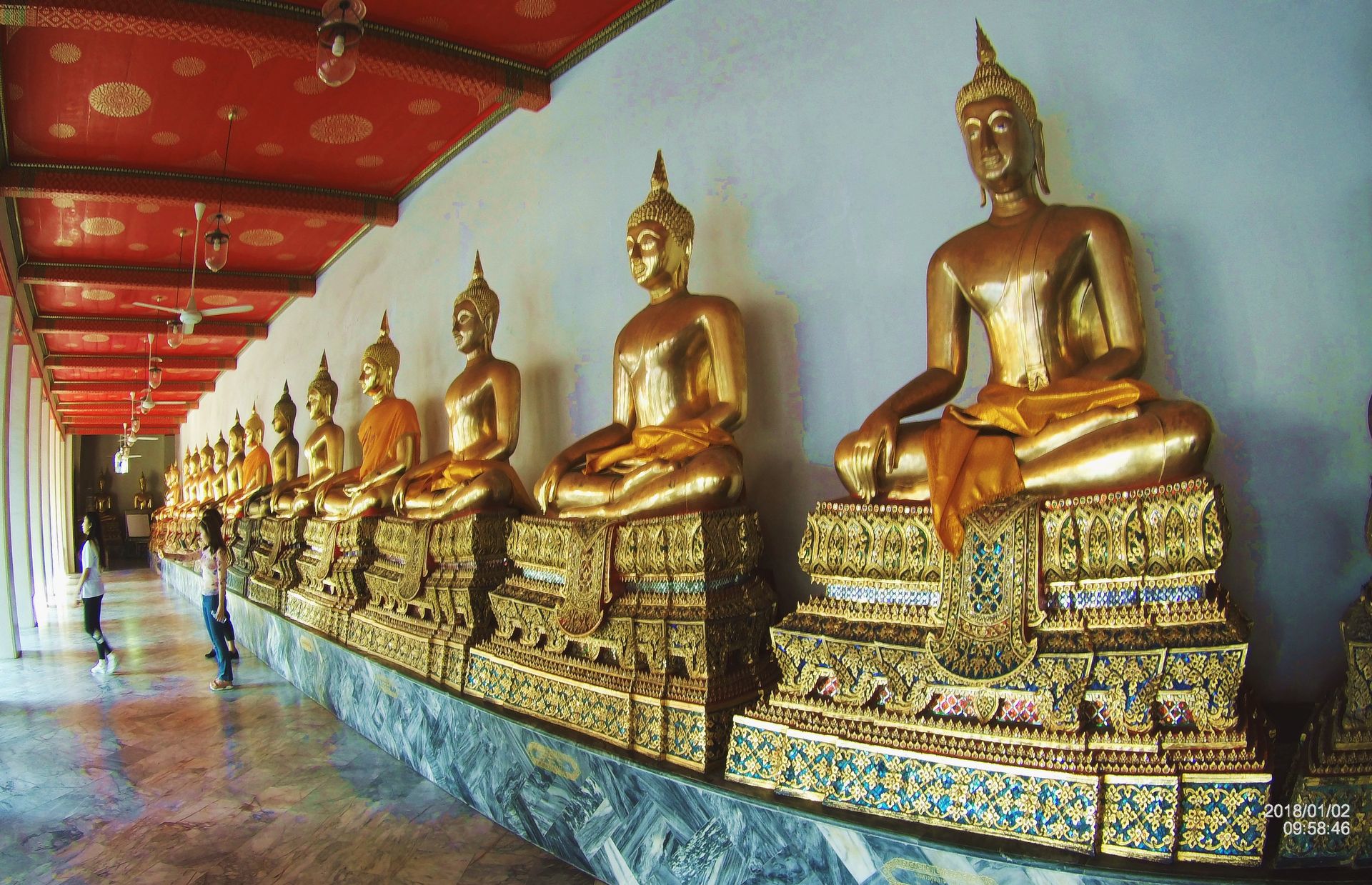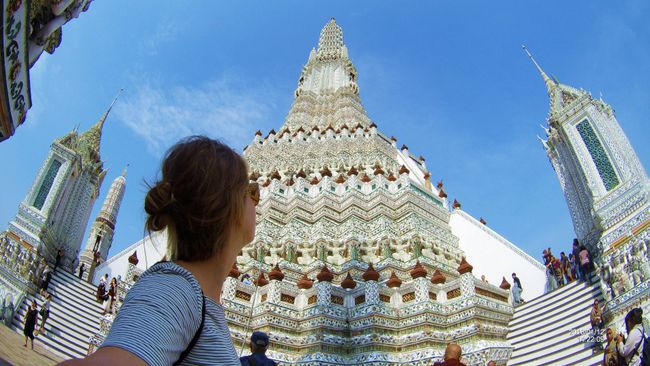
daysindownunder
vakantio.de/daysindownunder
Of Dickhäuters, gratitude and elephant pants
Uñt’ayata: 04.03.2018
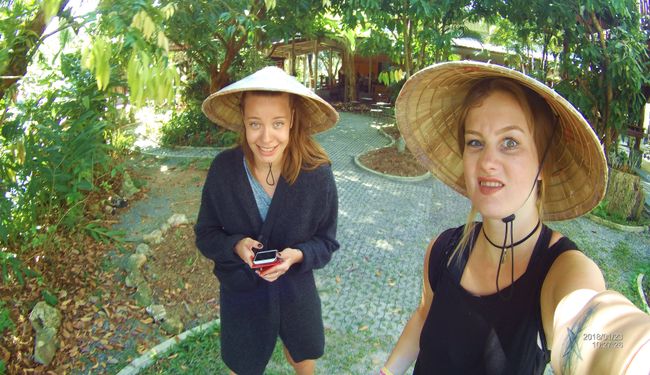
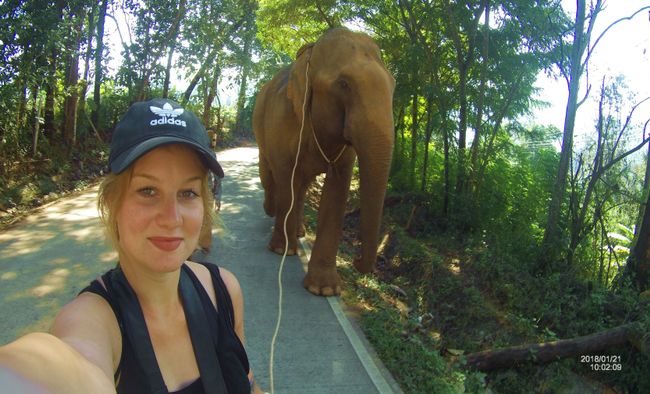
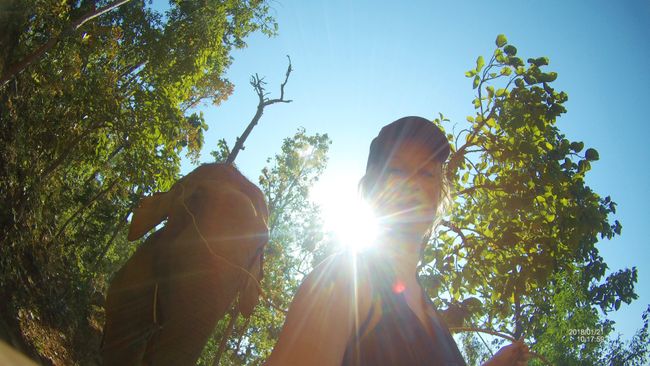
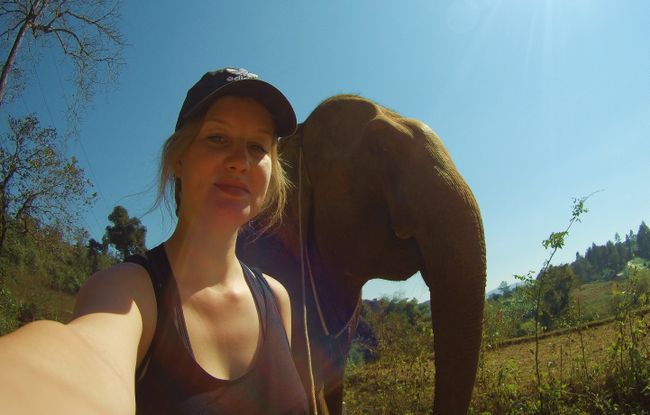
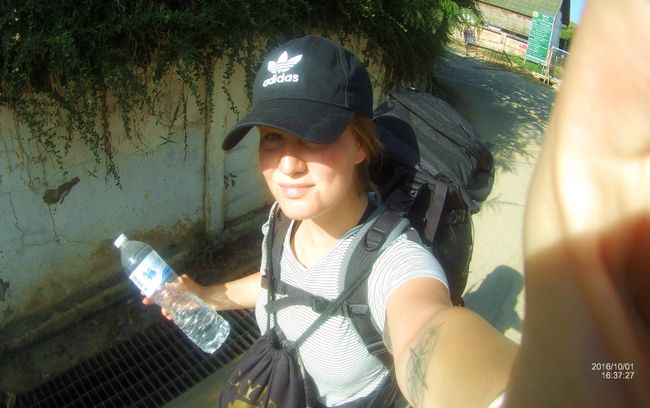
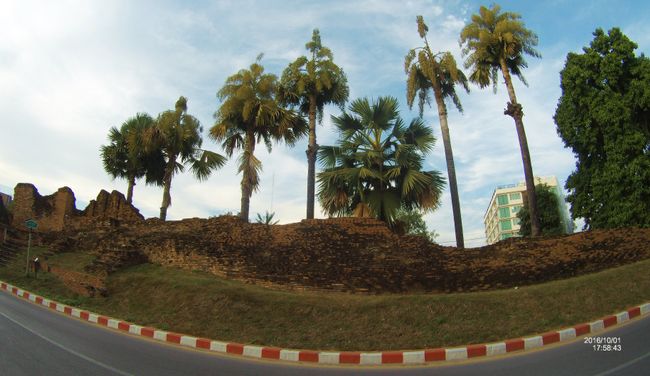
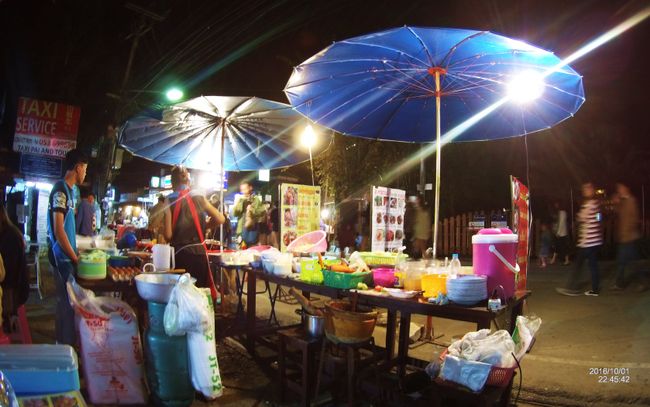
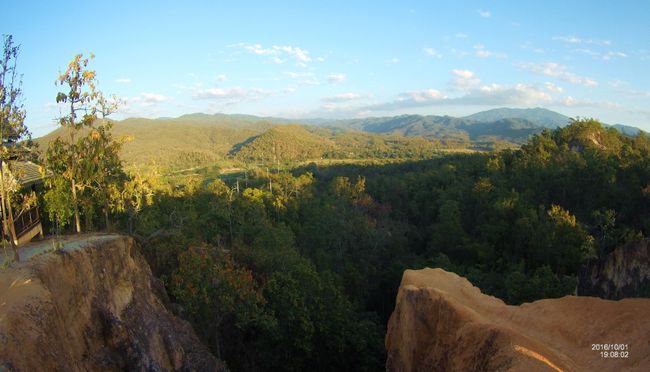
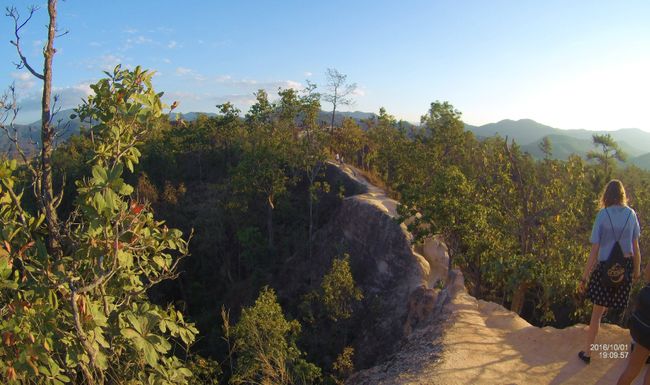
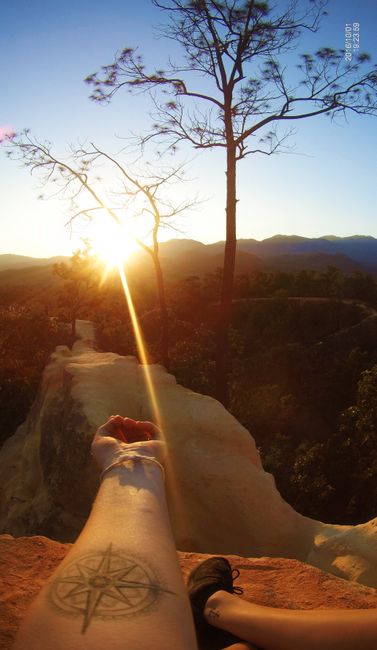
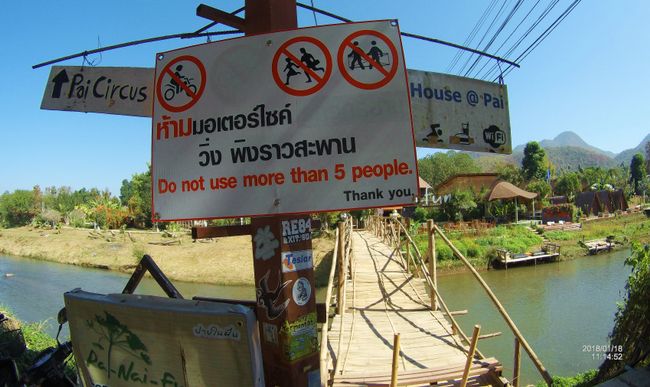
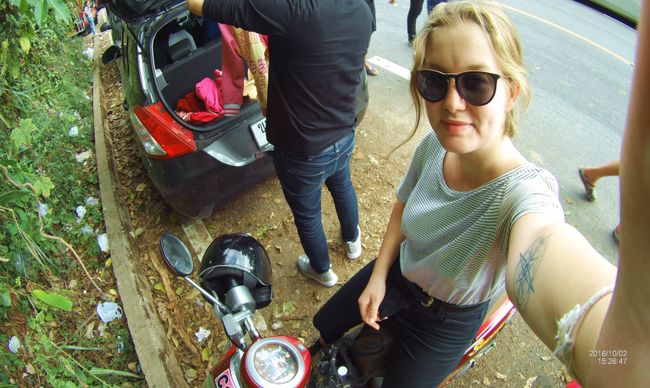
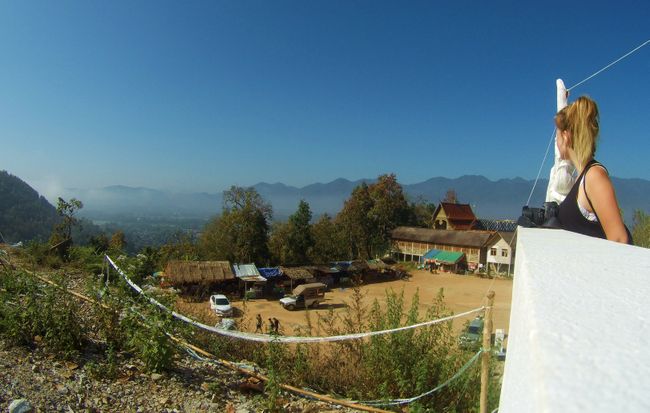
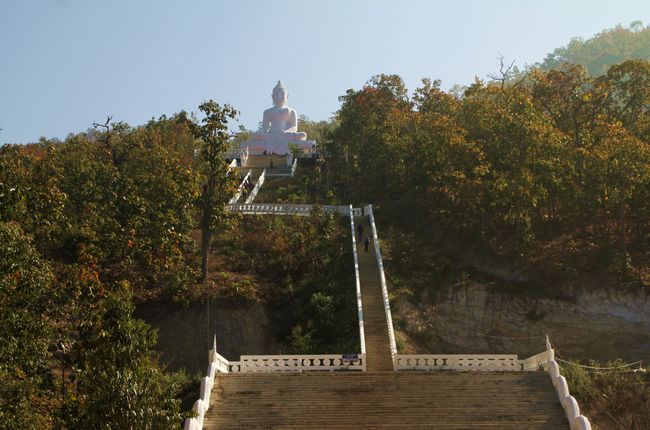
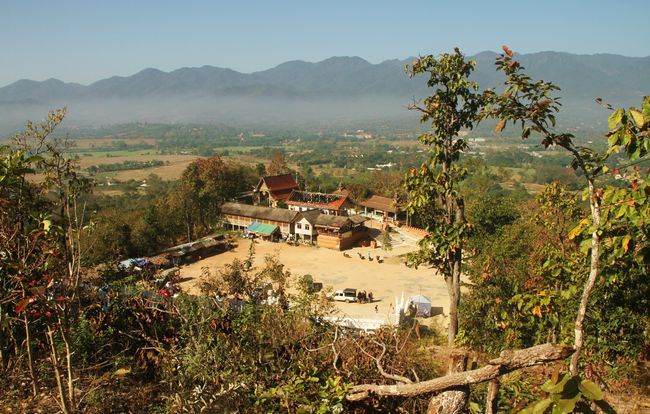
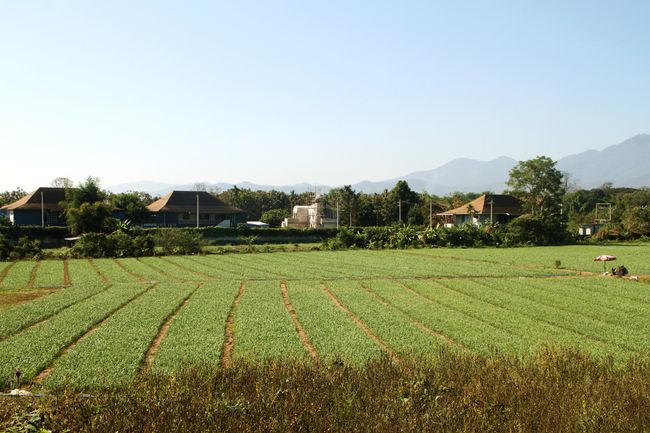
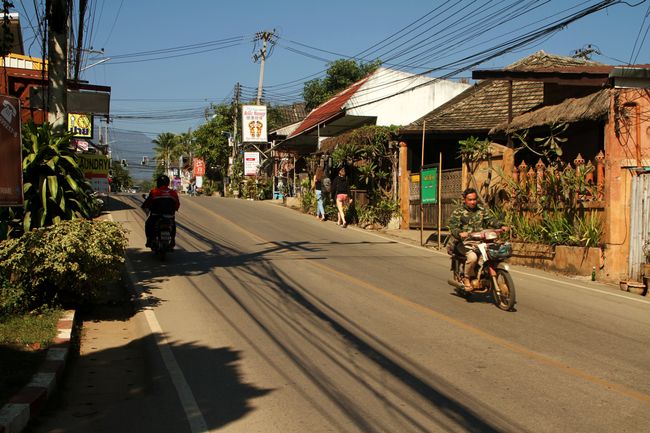
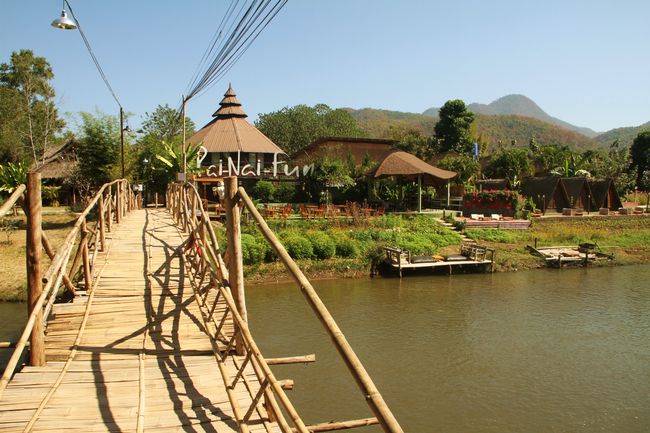
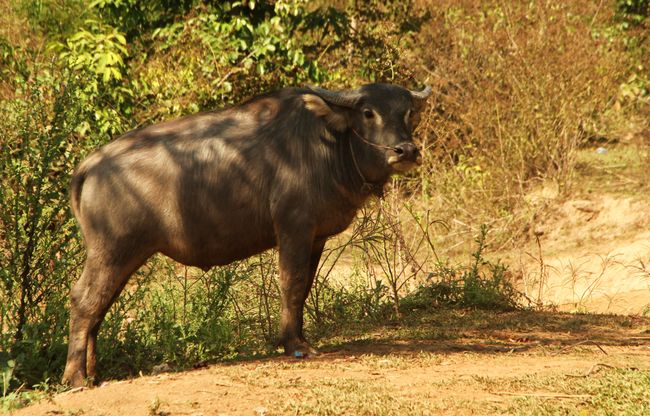
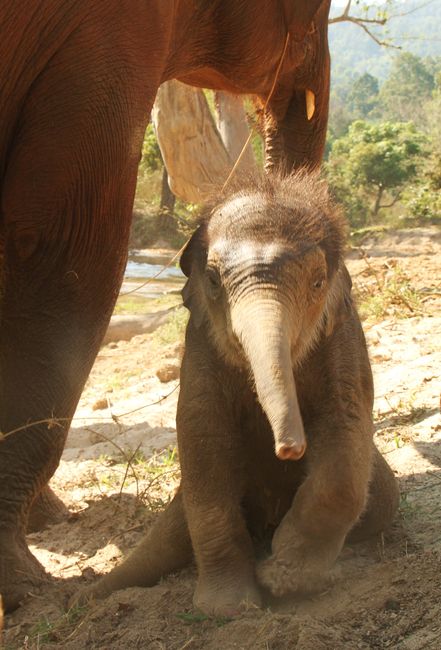
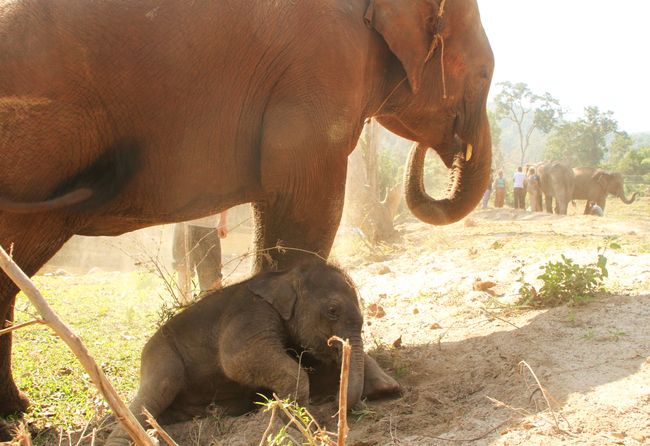
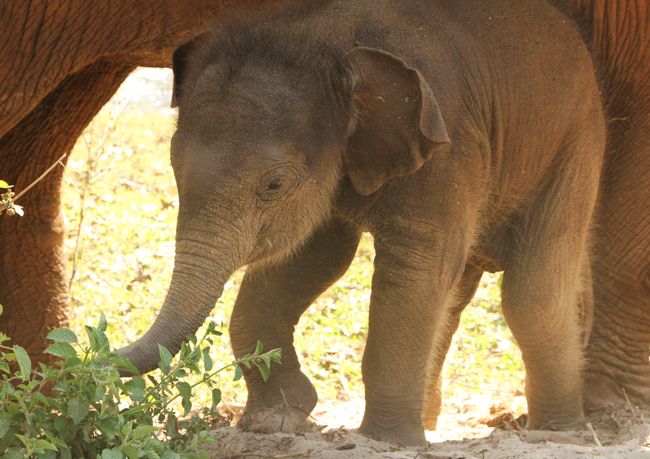
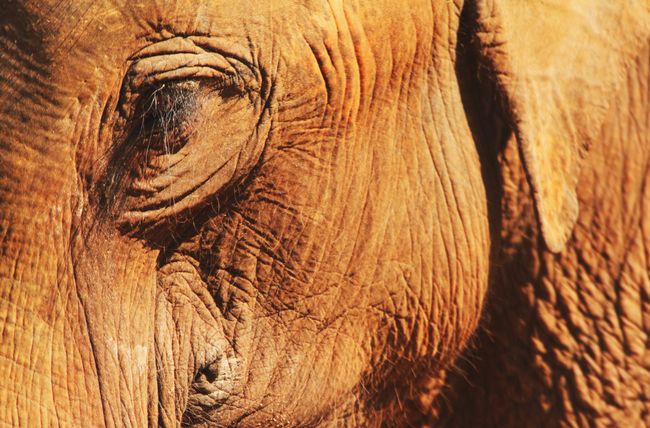
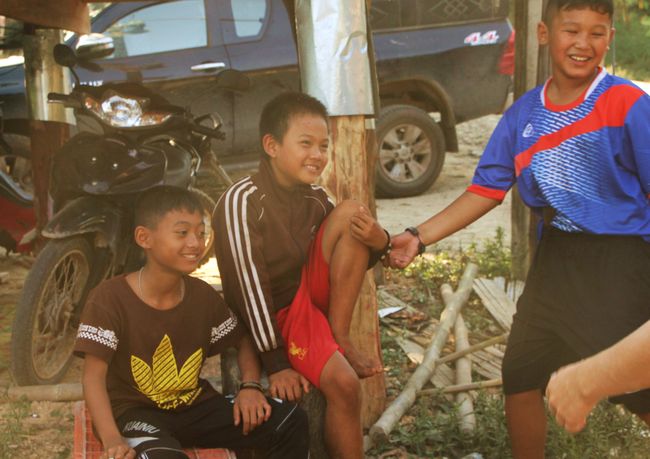
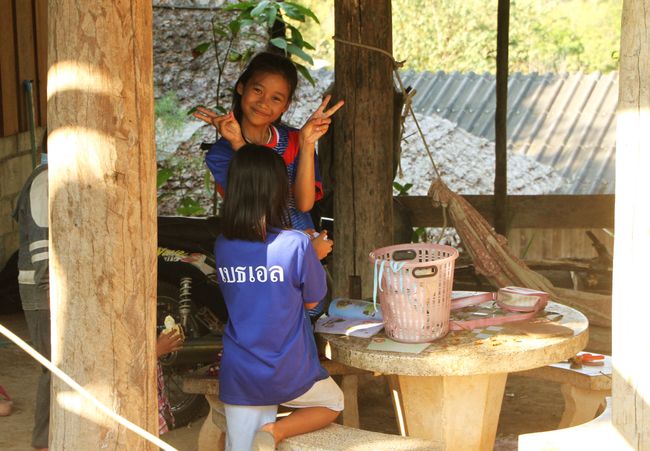
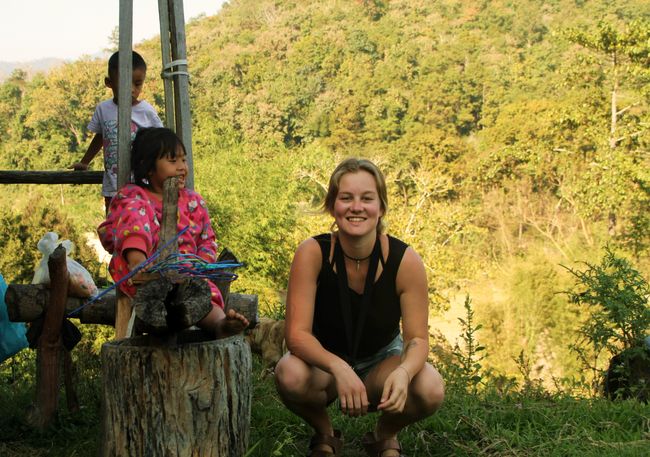
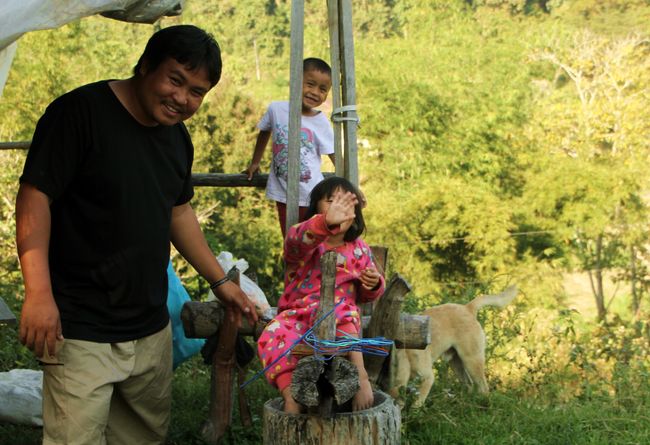
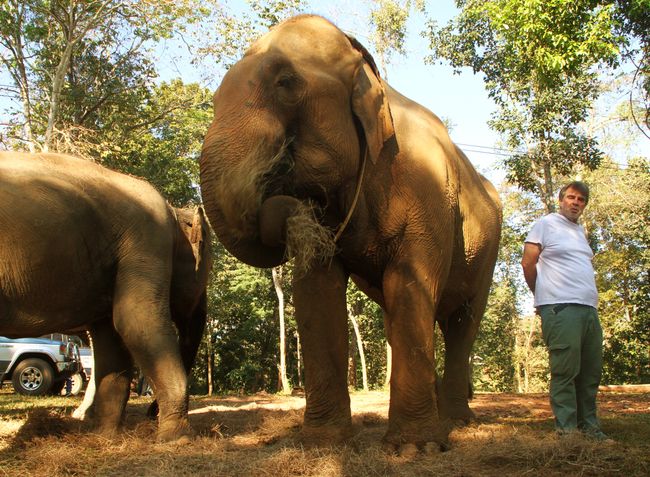
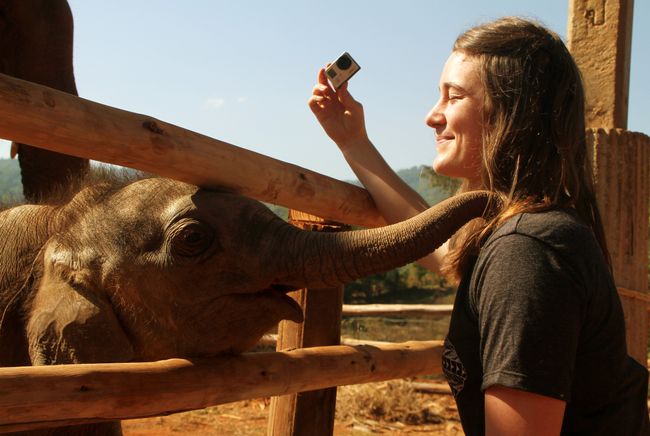
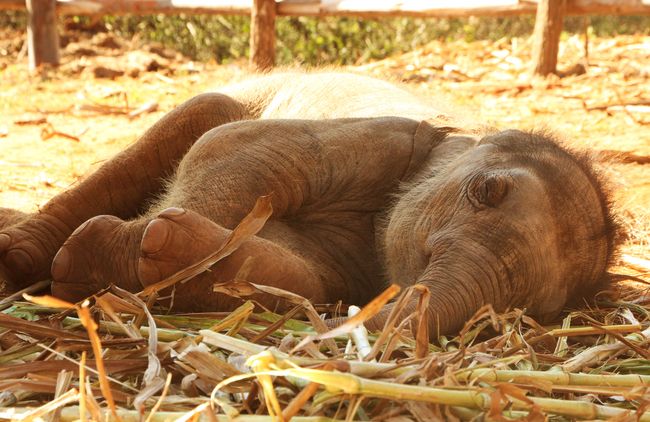
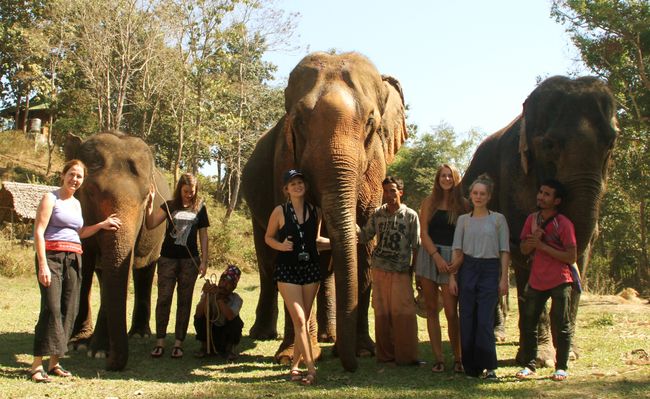
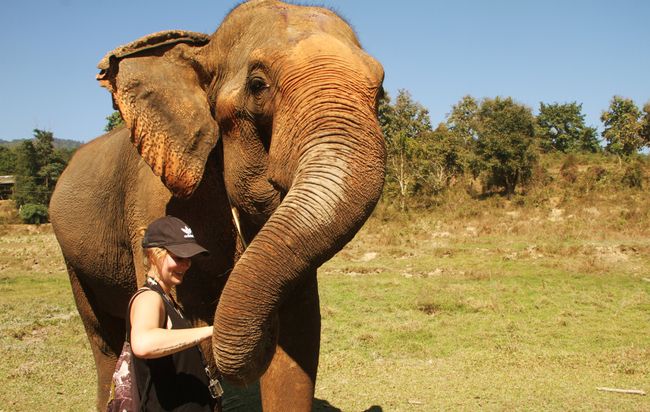
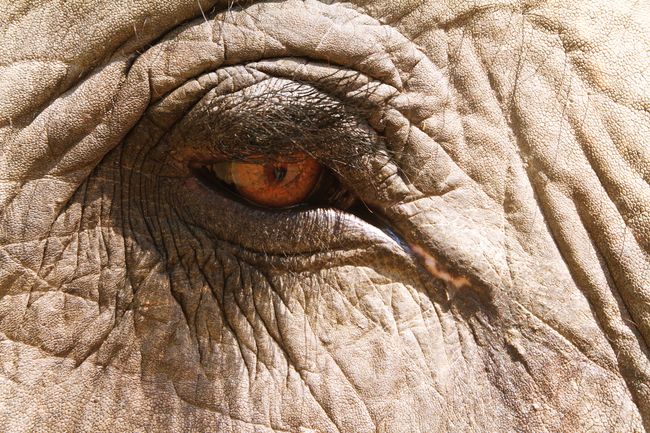
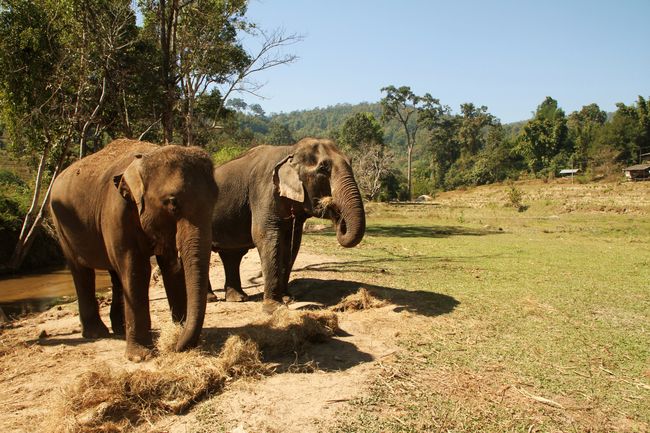
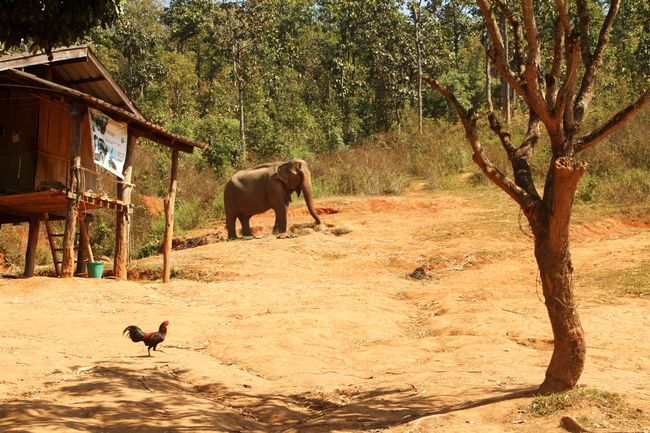
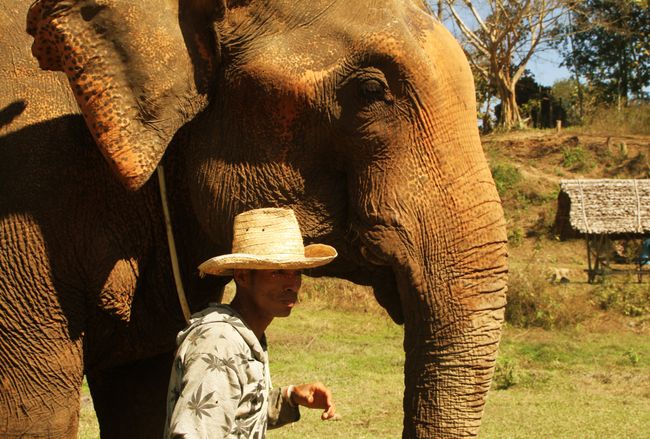
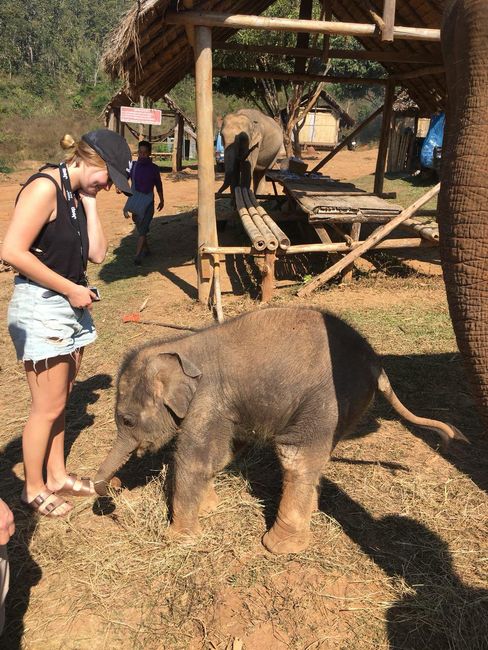
Yatiyäw qillqatar qillqt’asipxam
An oh so popular topic of conversation among travelers in Thailand is elephants. Elephants on pants, elephants on the skin, riding elephants.
Elephants evoke every emotion imaginable, from tears of joy at the first encounter to nausea when every second sunburned white tourist is wearing them on their disgustingly misshapen pants.
Elephants are found on every street corner and everyone becomes a champion for animal welfare when it comes to one topic: riding elephants.
No, you don't ride elephants and you don't support it, period. But I also want to share my experience that has made me more aware of things.
In Chiang Mai, I was able to redeem my long-awaited Christmas present: a 2-day elephant tour.
Contrary to the endlessly advertised one-day backpacker tours in Chiang Mai, my camp was further away and more expensive, but worth every cent: Elephant Special Tours.
Our group consisted of 5 people, including me. After we were taken to our accommodation, Bodo - the owner of the camp - and his intern picked us up. To my surprise, Bodo was German and looked just like his thick-skinned friends, simply a giant guy. Contrary to my expectations, the whole tour was the opposite of previous 'tours'. The atmosphere was like among friends, we had no time pressure and we didn't receive any boring lectures.
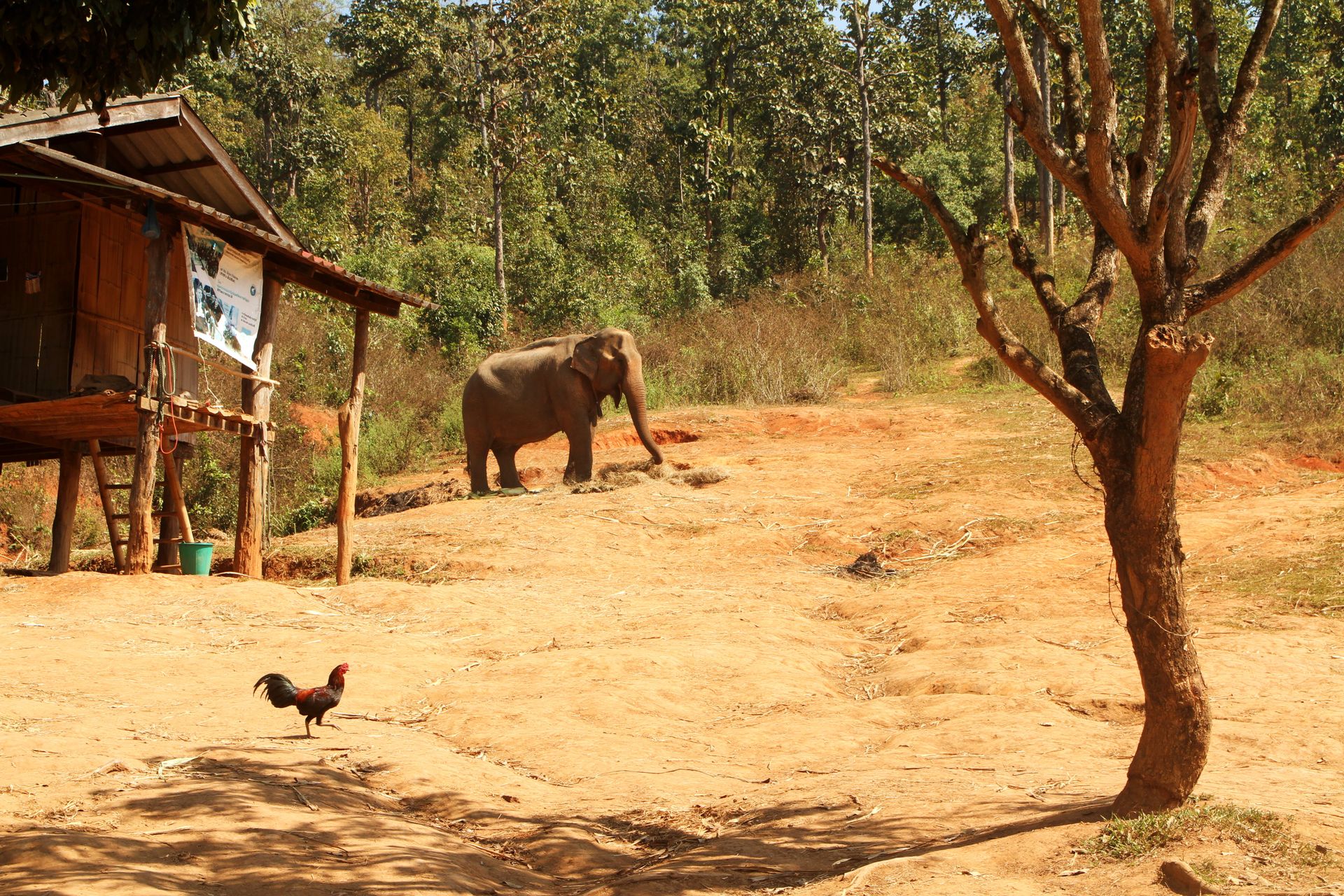
Bodo took us to his 'camp', which, contrary to my expectations, was just a piece of land with a few huts for the staff to stay in. We sat in the shade, ate, and Bodo began to tell us about his life, his elephants, his family.
Like everyone else, I approached the situation with the mindset that riding elephants was a no-go. No elephant hooks, no chains. Gradually, some of the mahouts (the owners/responsible ones for each elephant, so to speak) brought their elephants to introduce them to us. With ropes around their necks and hooks in their hands.
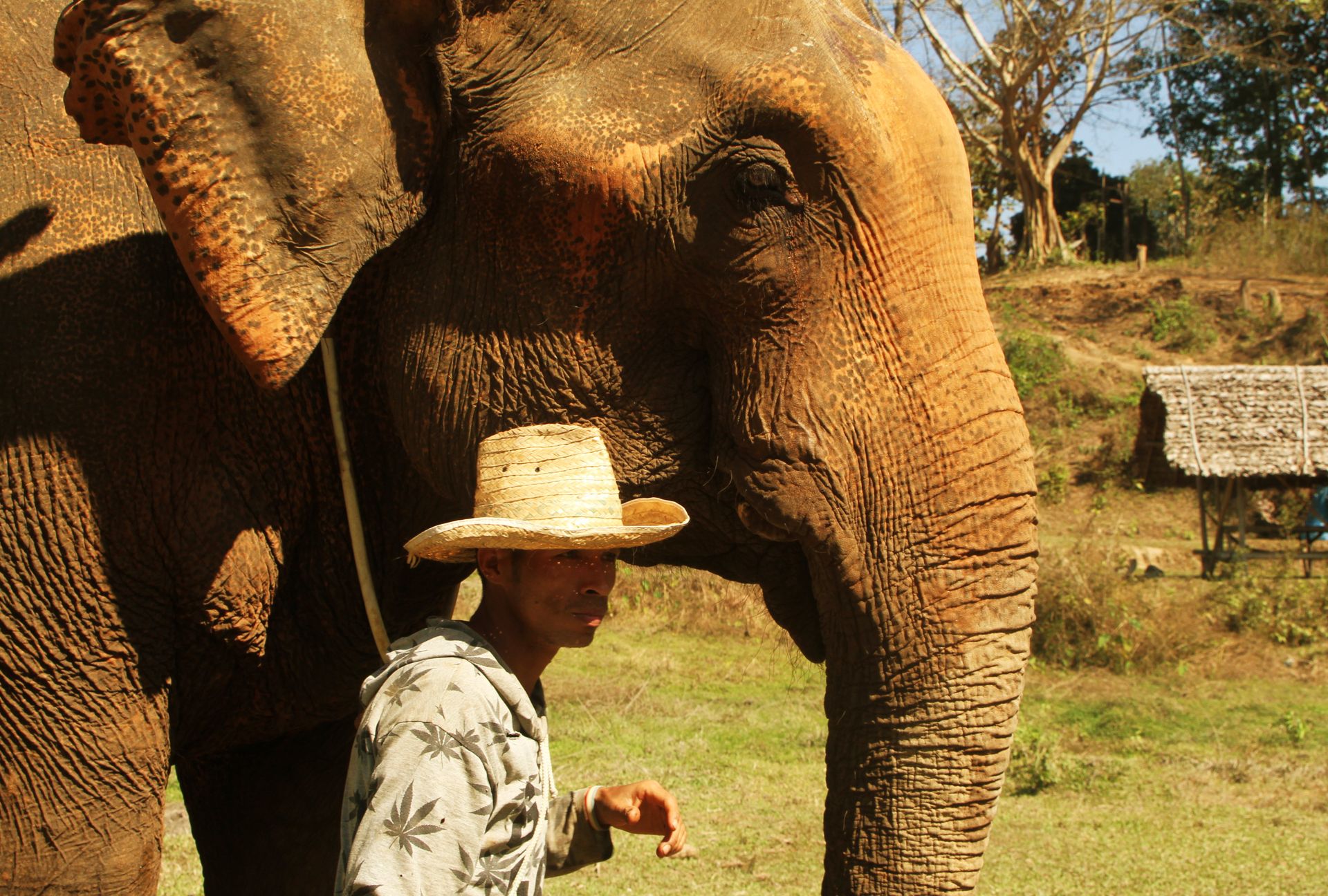
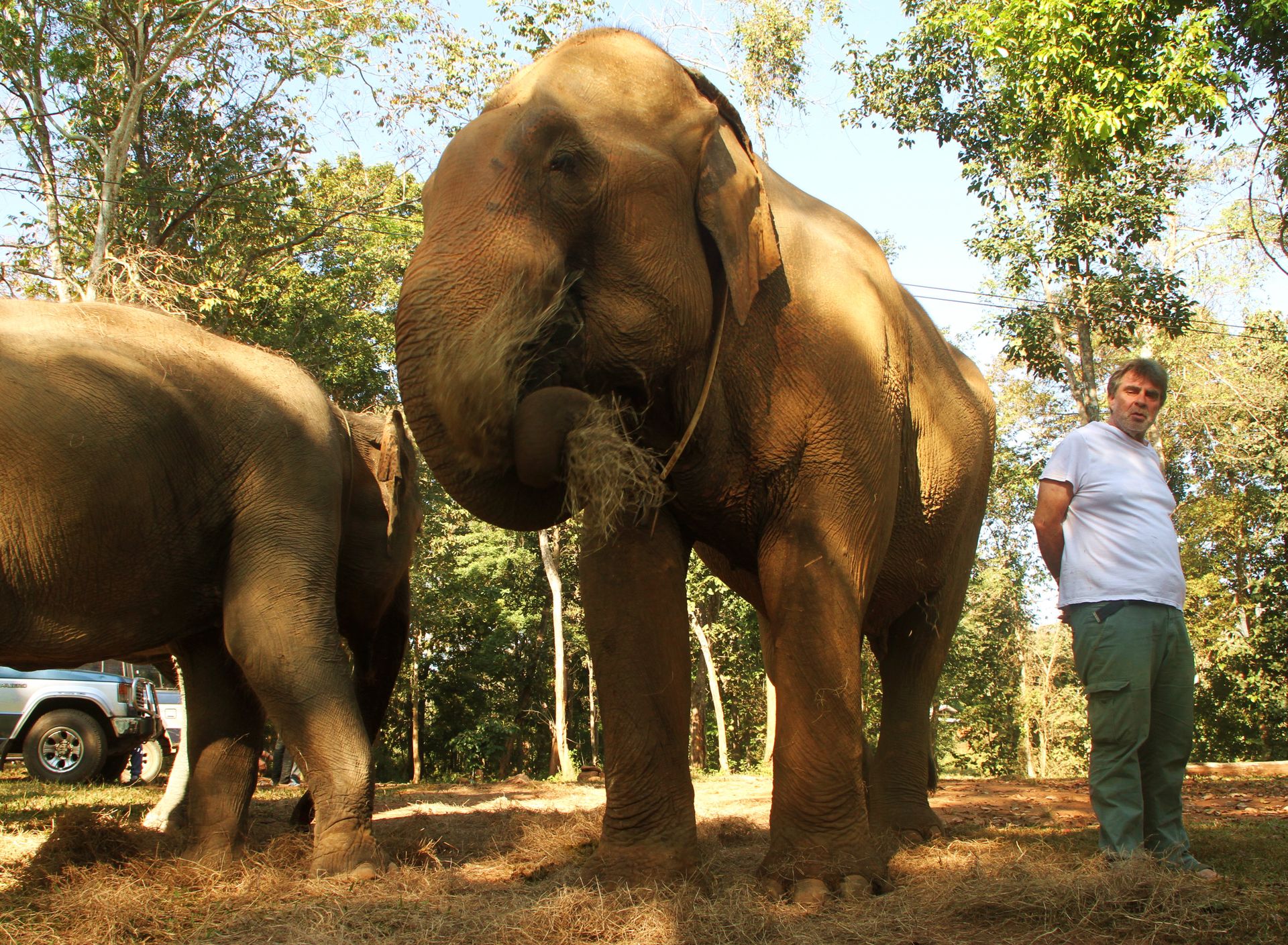
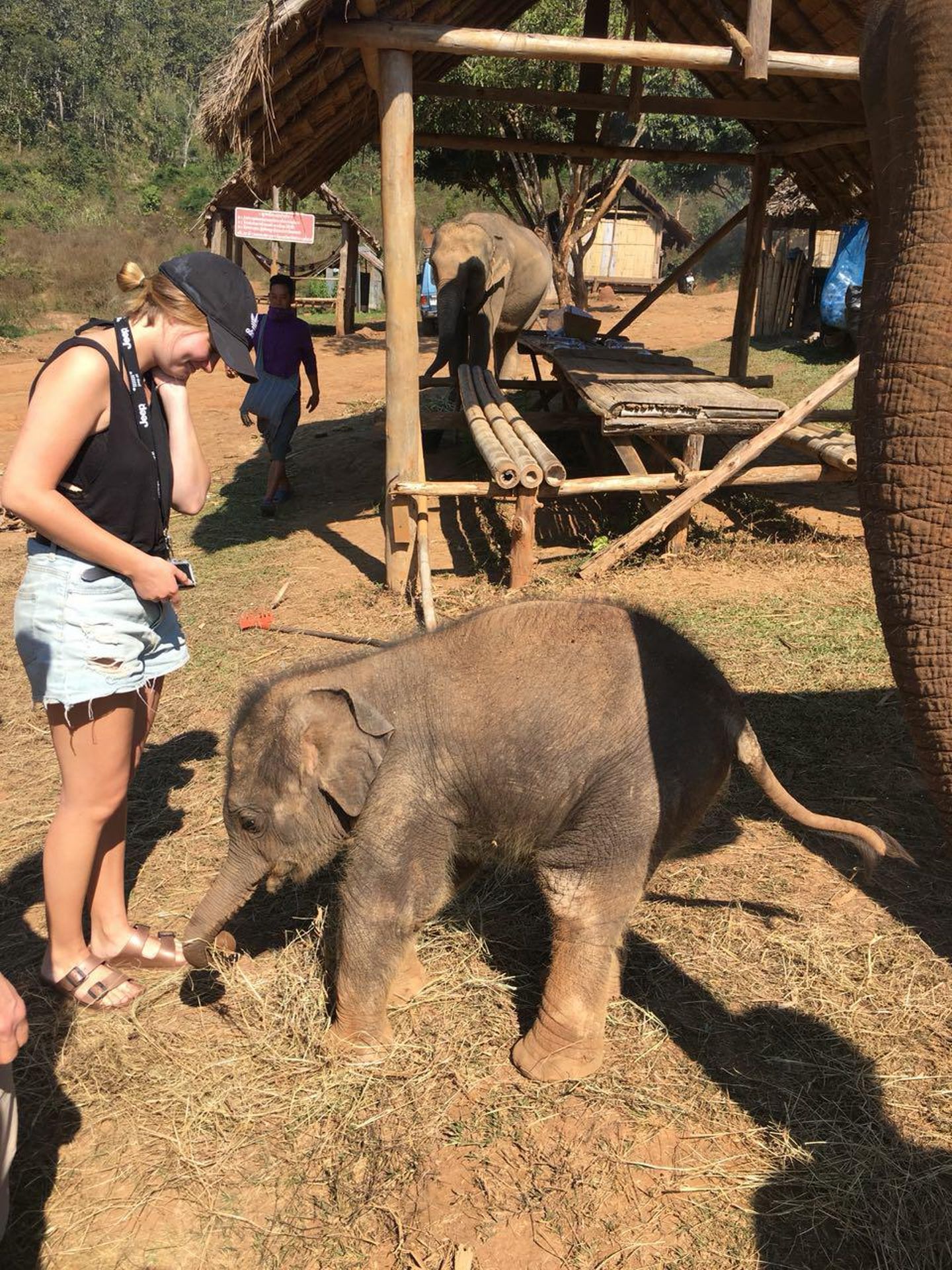
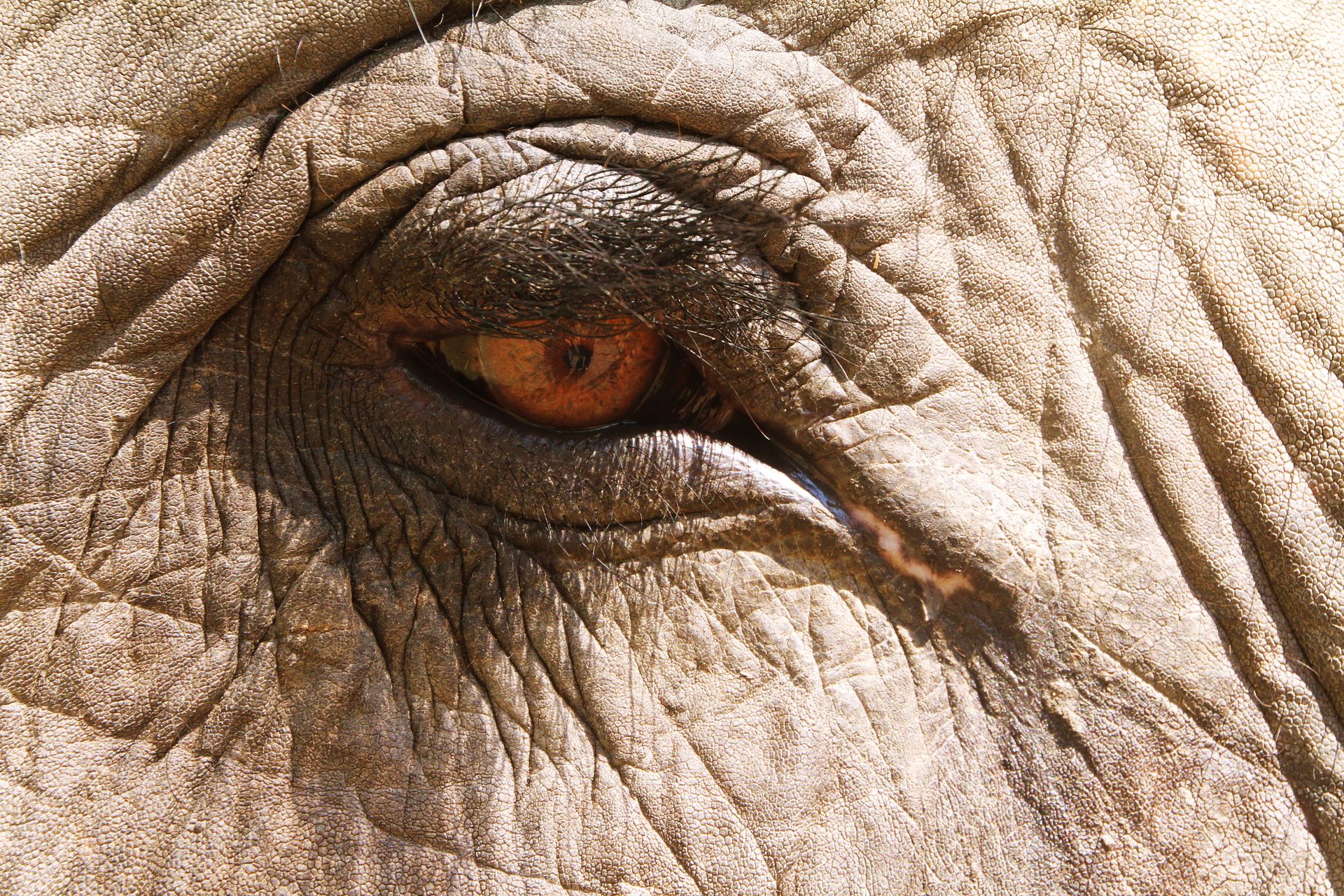
I was horrified. I couldn't believe that I had booked one of the best camps and now the mahouts were standing in front of me with elephant hooks in their pockets.
Next to me sat Bodo, a man whose life experience had left deep wrinkles on his face and who smoked one cigarette after another as he told stories of how he rescued abused elephants and gave refugees from neighboring countries a new home.
He has dedicated his life to elephants and has given everything to save them. And yet he allows his employees to move the animals around, possibly even hit them?
What hurt us all in our hearts was when the baby elephant was pushed away whenever it tried to play with us. The little rascal was about to sit on me when Bodo punched him in the side to make him leave me alone, which I was grateful for considering the 100 kg that almost placed themselves on my lap. But Bodo made it clear to us that the little one has to learn that he must not play with humans and that he must maintain respect for people before he grows taller.
Although the hooks were generally an eyesore to me, there was no question that Bodo's answers to my probing questions made sense.
He told us about the 'rehabilitation' of elephants, which only caused more trouble as the elephants stormed the farmers' fields and came too close to people. It is therefore impossible to simply release them into freedom. Leaving the elephants uncontrolled in an enclosure is also problematic. Elephants also attack each other, many mothers even attack their own calves, and the bulls become testosterone-loaded monsters for 8 weeks every year, attacking anything in their path.
So the chains might also make sense, but hooks?
Admittedly, I did not see anyone hitting an elephant, some of the mahouts just used the hook similar to a riding crop.
Am I convinced of chains and hooks because of that? Certainly not. But I spent two days with one of the world's best elephant trainers, I witnessed mahouts who cared for their animals with heart and soul: bringing them food in the midday heat, bathing them, and playing around on them. The bond between mahout and elephant was palpable. Many of the guys had nothing but this camp and their elephant, and I am not exaggerating when I say that their bond had something magical about it. It couldn't be compared to our relationship with pets. You could literally see that both the mahouts and the often traumatized elephants only had each other and trusted each other.
So it seemed to me to be of little concern if one of the mahouts sat on his elephant for a part of the way or occasionally gave it a gentle tap - even my dog has been tapped on the nose a few times, so let's not get overly sentimental.
In that sense, the camp turned out to be something very special in the end, simply because it was authentic and nothing was hidden or embellished just to attract tourists.
Unlike many other backpackers, I returned from my trip touched and fascinated in a different way.
We had good and real conversations instead of just feeding bananas all day, and I am glad to have experienced a real camp instead of just being entertained as a tourist.
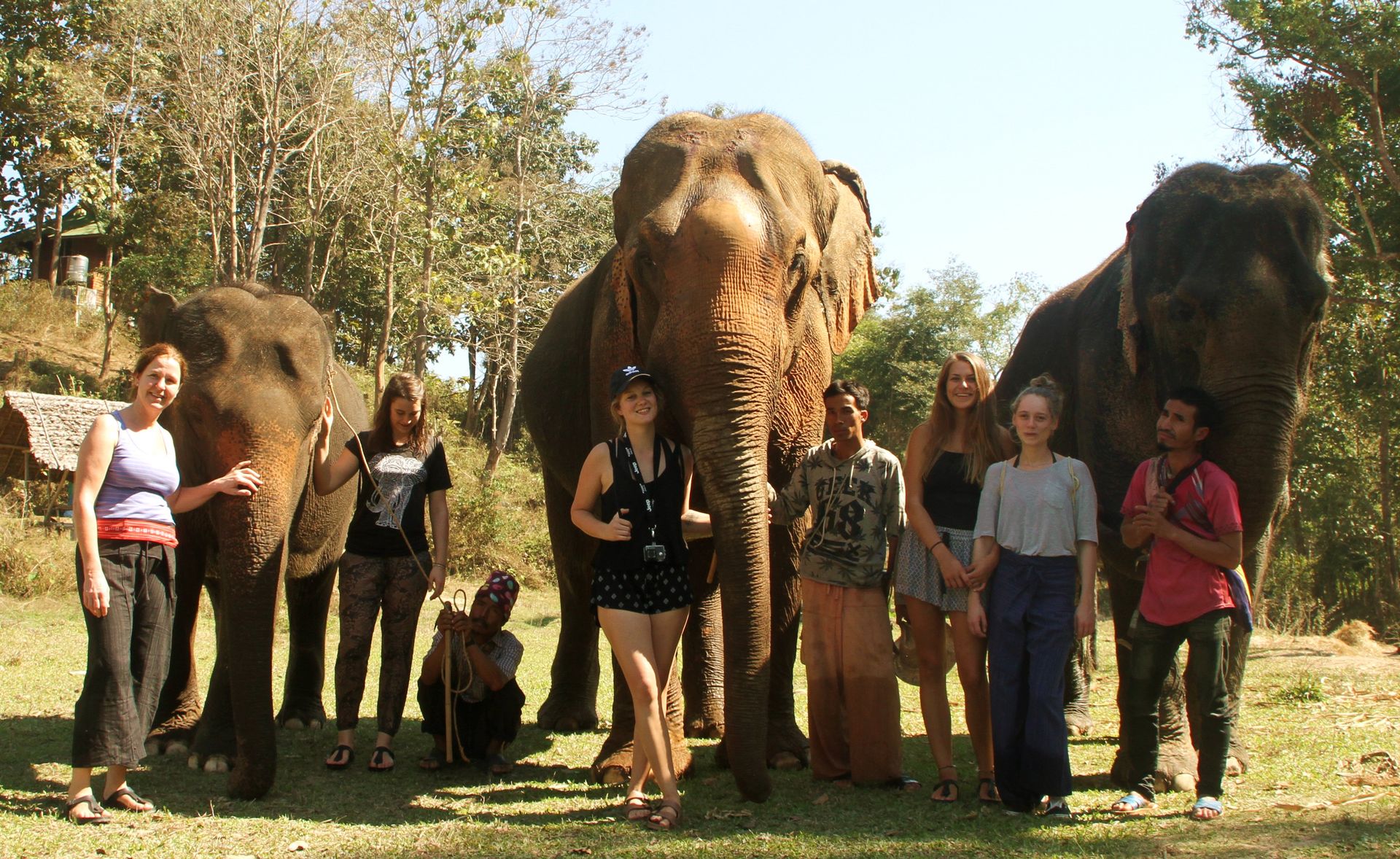
Aside from the sometimes unpleasant and instructive stories and moments in the camp, of course, I also have incredible memories that go deep under the skin.
The feeling of gratitude, walking through the forest and streams with a 3-meter-tall elephant on a leash, brings tears to my eyes. I have never felt such awe in a church as I did towards Phu Sii, who walked behind me with such large and unhurried steps, careful not to step on me (thank God, or rather thank Phu Sii). To feel so incredibly small next to such a gigantic animal and then look into its eyes is pure goosebumps! I really understand the frenzy about elephants, they are like creatures from another world.
But please, let it be real, not on elephant pants!
Yatiyäw qillqatar qillqt’asipxam
Jaysawi
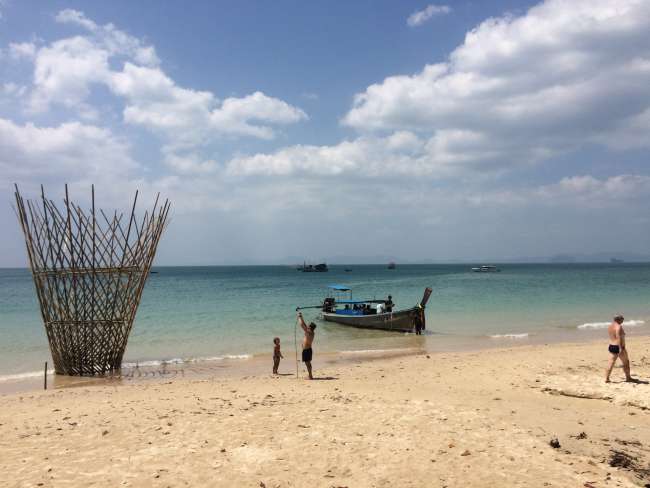
Viajes ukan yatiyawinakapa Tailandia markanxa
